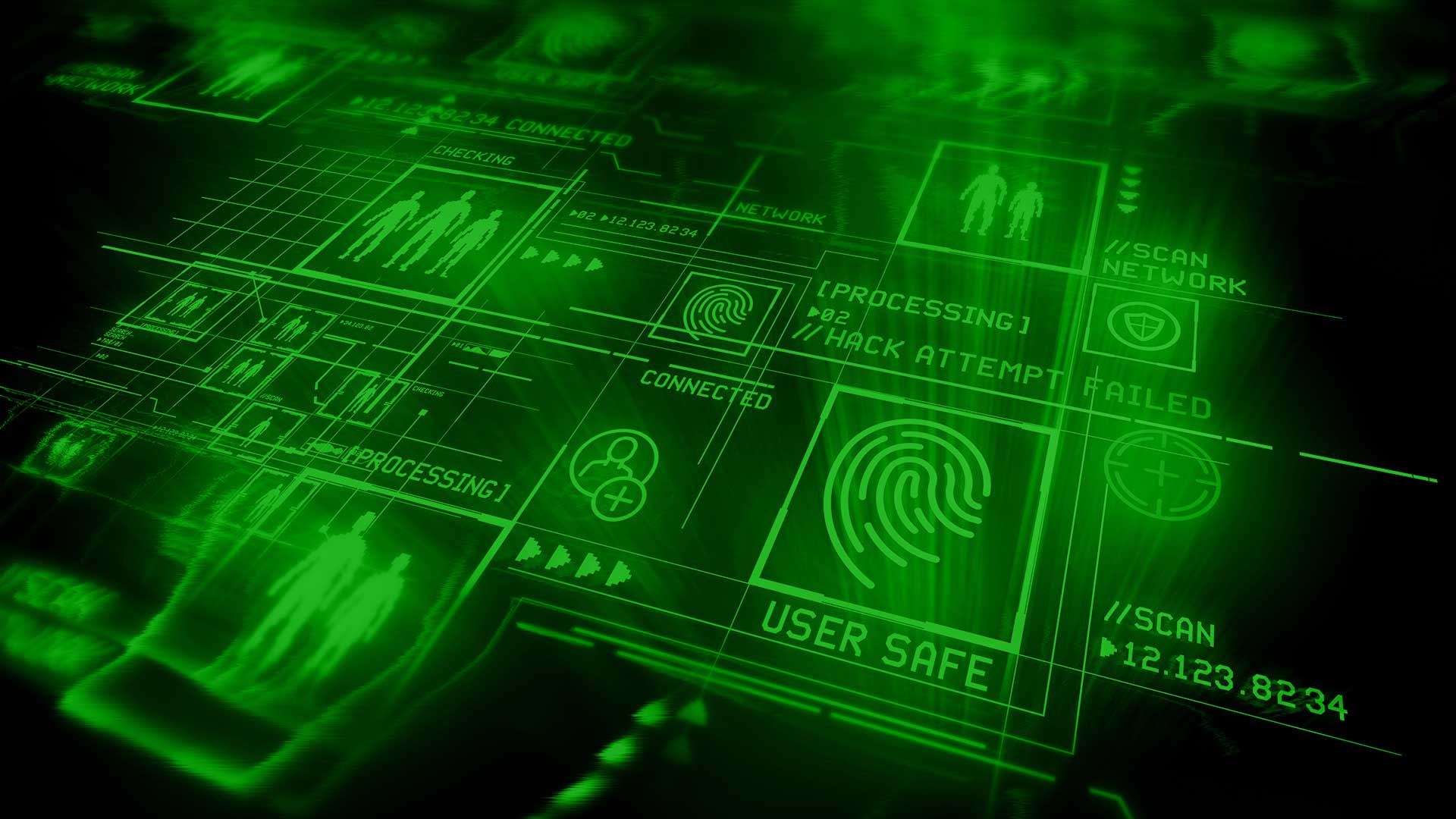Breaking the Myths and Misconceptions about CMMC Compliance

The importance of cybersecurity and CMMC for dod contractors was never more paramount than it is now. Protecting sensitive state and military information from unlawful exposure is vital for the global defense and economic freedom. Whether directly or indirectly, companies that process confidential federal data have hitherto only been obliged to self-certify their awareness of applicable regulatory obligations. Self-attestation has failed in many ways, as indicated by noteworthy breaches of key government data in both the public and commercial sectors. Data breaches, ransomware attacks, and other cybercrimes have all increased in recent years.
Because of the growth in cyberattacks on federal, state, and municipal governments, as well as private and public organizations in the United States, the Department of Defense (DoD) has required a higher level of evaluation by a third party – the CMMC. Depending on the NIST 800-171, CMMC is a single standard for establishing cybersecurity measures. The mandate is for the security of CUI and FCI across the defense industrial base at maturity 1 and 2. (DIB). Over 300,000 firms are involved in the DIB supply chain.
While this is a positive move, there is significant uncertainty, conjecture, and gossip around CMMC accreditation.
The following are three frequent CMMC certification misunderstandings, with explanations to enable firms wanting CMMC certification to keep up to date on the relevant principles and practices.
Myth #1: DoD contractors may get ahead of the curve and be considered CMMC compliant.
There has been a lot of misunderstanding concerning CMMC Service Providers and Assessors and misconceptions about firms that provide CMMC services. At the moment, there are no “official” CCP, CCA-1, or CCA-3 qualified assessors or assessor teachers. The CMMC-AB, however, developed a PAPIP to guarantee the program is progressing ahead in readiness for forthcoming corporate assessments. There is personnel who have been discovered, trained, and evaluated by the DoD to confirm that they fulfill the abilities and standards to be classified as “provisional.”
These persons will be required to undertake and clear the official examinations whenever they are issued to get their assessor-level qualifications. It should be noted that being a “certified assessor” with the DoD for CMMC Level 1 and Level 3 evaluations also necessitates completing a suitability check and the suitable level at which they will be handling data.
The DoD intended to conduct multiple trials this year, then increase the number of agreements with the CMMC DFARS provision in the year after year until it was in all deals by 2025. That being stated, the work required to achieve any level of CMMC accreditation must begin immediately.
Myth #2: A CMMC Gap Evaluation and Preparation Services Provider Can Examine You for Prospective CMMC Certification
This is also wrong. It would be an apparent conflict for an RPO to advise businesses seeking certification on their preparedness and then undertake the assessment. This is prohibited per the CMMC-AB guidelines.
Myth #3: A CMMC RPO is a CMMC Third Party Assessor Organization certified by CMMC (C3PAO)
While there has been significant curiosity and misunderstanding about this comment, it is also incorrect. A CMMC RPO cannot serve as a CMMC assessor for the same OSC. Furthermore, as a CMMC RPO, the supplier is entitled to use CMMC-AB approved logo to portray the business as familiar with the core structures of the CMMC Standard. CMMC RPOs may presently only provide recommendations, not official evaluation. Official accredited assessors have yet to receive training.
Assessors will be essential to the acquisition ecosystem and in adopting comprehensive new cyber requirements for all 300,000 DoD contractors. While CMMC RPOs can’t provide assessment services, they are all listed on the CMMC-AB Marketplace and have agreed to follow the stringent CMMC-AB Code of Professional Conduct.
RPOs, on the other hand, can consider becoming a C3PAO by completing the complete authorization procedure for that type of provider. Nevertheless, if they supply RPO solutions to a firm, they are not permitted to undertake a C3PAO evaluation for that same organization.

